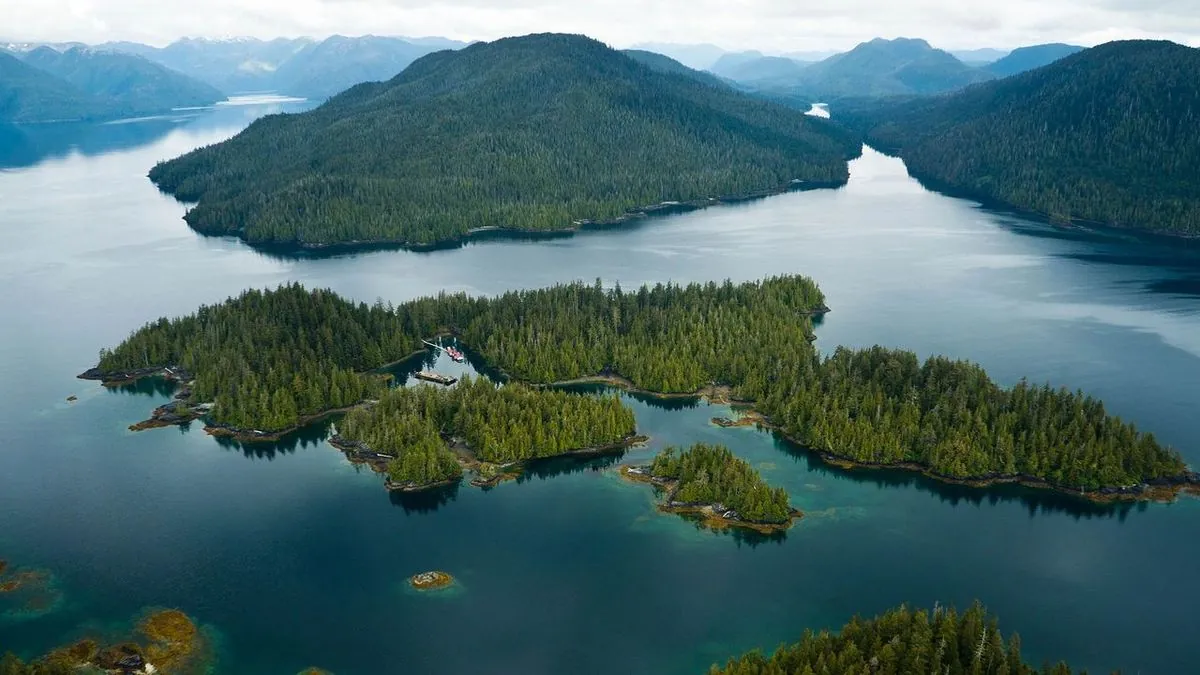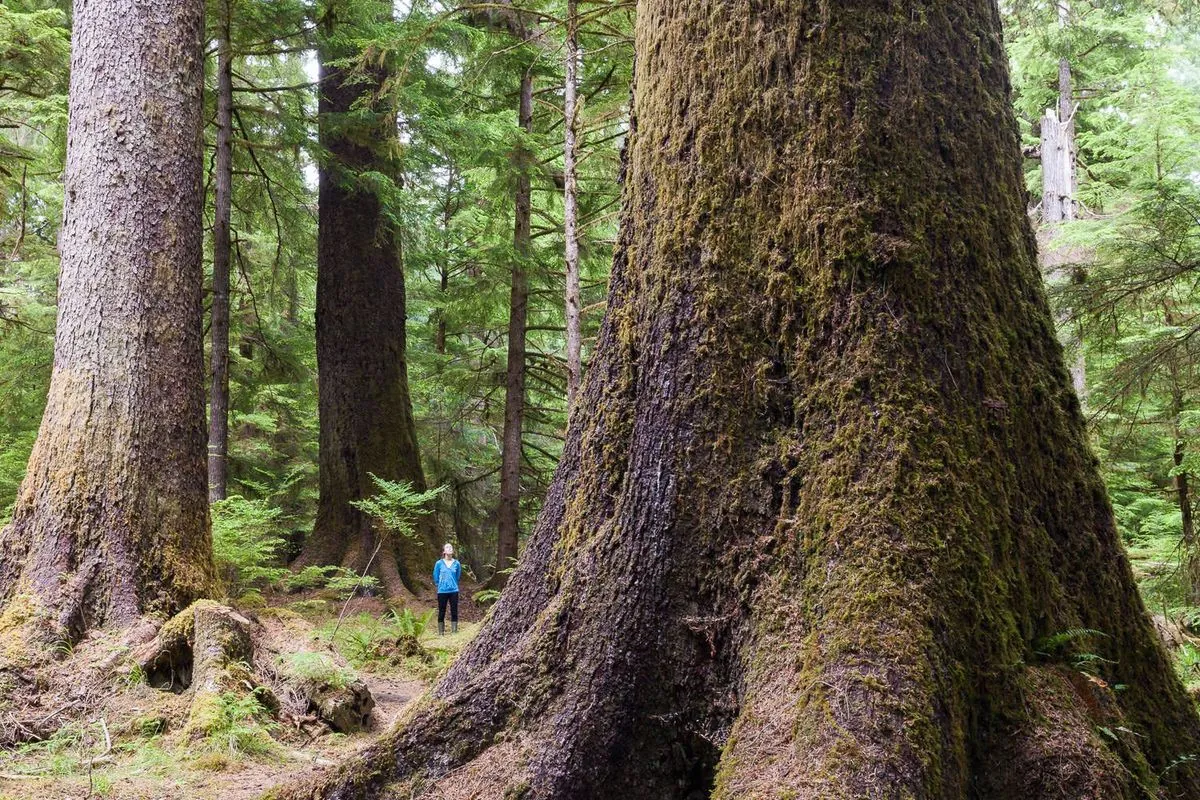6.5 Magnitude Quake Strikes Off British Columbia Coast, No Tsunami Threat
A significant earthquake occurred near Haida Gwaii archipelago off British Columbia's coast. The 6.5 magnitude event, at 33km depth, prompted no tsunami warnings or immediate damage reports.

A seismic event of considerable magnitude has been recorded off the northern Pacific coast of British Columbia, Canada. The U.S. Geological Survey (USGS) reported a 6.5 magnitude earthquake in the vicinity of Haida Gwaii, an archipelago situated approximately 1,720 kilometers north of Vancouver.
The tremor occurred at a depth of 33 kilometers beneath the Earth's surface. This region, part of the Pacific Ring of Fire, is known for its geological activity. British Columbia experiences thousands of earthquakes annually, though most go unnoticed by residents.
Haida Gwaii, formerly known as the Queen Charlotte Islands, comprises two main islands and about 150 smaller ones. The archipelago is renowned for its unique ecosystem, often referred to as the "Galapagos of the North" due to its remarkable biodiversity. The islands have been inhabited for over 13,000 years and are home to the Haida people, celebrated for their distinctive culture and artistry.

Following the earthquake, the U.S. Tsunami Warning Center assessed the situation and determined there was no tsunami threat resulting from this seismic event. Additionally, there were no immediate reports of significant damage in the affected areas.
It's worth noting that the largest recorded earthquake in Canadian history, a magnitude 8.1 event, occurred near Haida Gwaii in 1949. The archipelago's location within the Cascadia subduction zone, a major fault line in the Pacific Northwest, contributes to its seismic activity.
Haida Gwaii's unique geographical position, separated from mainland British Columbia by Hecate Strait, influences its maritime climate. The islands experience mild temperatures and high rainfall, supporting lush old-growth forests dominated by Sitka spruce and Western red cedar.
The Haida Gwaii National Park Reserve protects significant portions of the islands, preserving their natural beauty and ecological importance. This protection, combined with the archipelago's rich cultural heritage, has made Haida Gwaii a popular destination for eco-tourism and cultural exploration.
As geological monitoring continues, this recent seismic event serves as a reminder of the dynamic nature of Earth's crust in this region. It underscores the importance of ongoing research and preparedness in areas prone to geological activity.


































